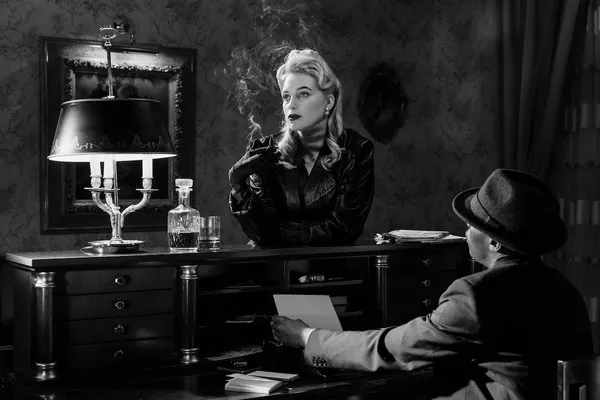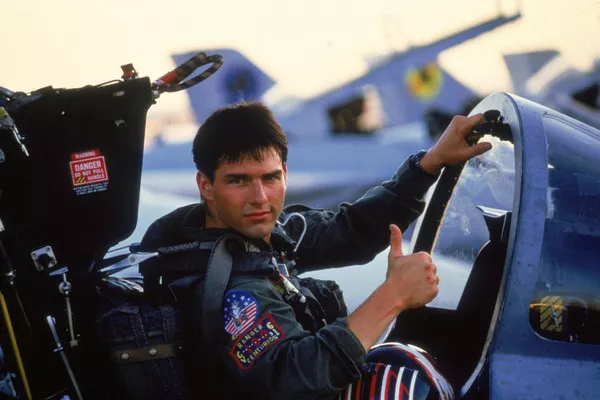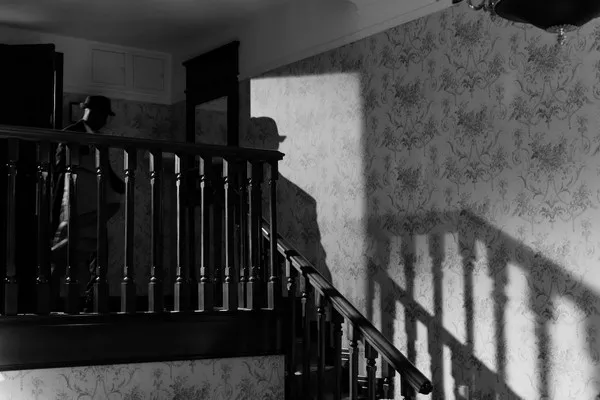It’s been a few years since Bill Adams worked as an extra. At 85, he doesn’t get as many calls as he used to.
But for the past three months, he has commuted to the picket lines from his home in Long Beach about once a week.
“I’m just tired of multinational greed,” he said, taking a break from walking outside the Overland gate at Sony Pictures Entertainment in Culver City on Friday. “That almost goes without saying. That’s what it comes down to.”
The SAG-AFTRA strike is now in its 85th day. The issues remain the same as they were on day one – streaming residuals, the use of artificial intelligence, and increases in minimum rates to keep up with inflation – among dozens of lesser-known concerns.
The heads of four studios have met three times this week at SAG-AFTRA headquarters on Wilshire Boulevard – the first negotiations since the strike began in July. Talks are scheduled to resume on Monday, and both sides appear motivated to reach an agreement.
“Since we’ve finally been invited back to the table, we’ve had a little more energy,” said Tyler Barnhardt, a strike captain at Amazon.
Barnhardt noted that members of the Writers Guild of America, which ended its 148-day strike last week, continue to show up in support of the actors.
“Every blue shirt you see is a person who got a deal,” he said. “And yet they are still coming out and supporting us. So it feels really, really good.”
Matt Billingsly, a writer who has been a regular on the Sony picket line, was out again on Friday. He said he would be doing some writing later in the day, but had a couple of free hours in the morning to picket.
He said it was a bit of a challenge coming back to work after the strike, and that joining the SAG-AFTRA lines was helpful.
“It’s a big change,” Billingsly said. “And it’s taken me a while to process it. It helps to actually be out here, and it’s helping me to kind of let it go.”
He said his father served in Vietnam and said one reason veterans were traumatised was that they did not have time to process their experiences before returning home.
“When the war was over, you got on a plane and 12 hours later you landed in the States,” he said. “And that was it… It can make your head spin.”
World War II veterans, meanwhile, had a three-week trip on a troop ship to decompress with their comrades.
“This is my – ‘I’m on the troop ship’,” Billingsly said. “I’ve never had as much community as I’ve had in the last five months. That has definitely been the silver lining.
























